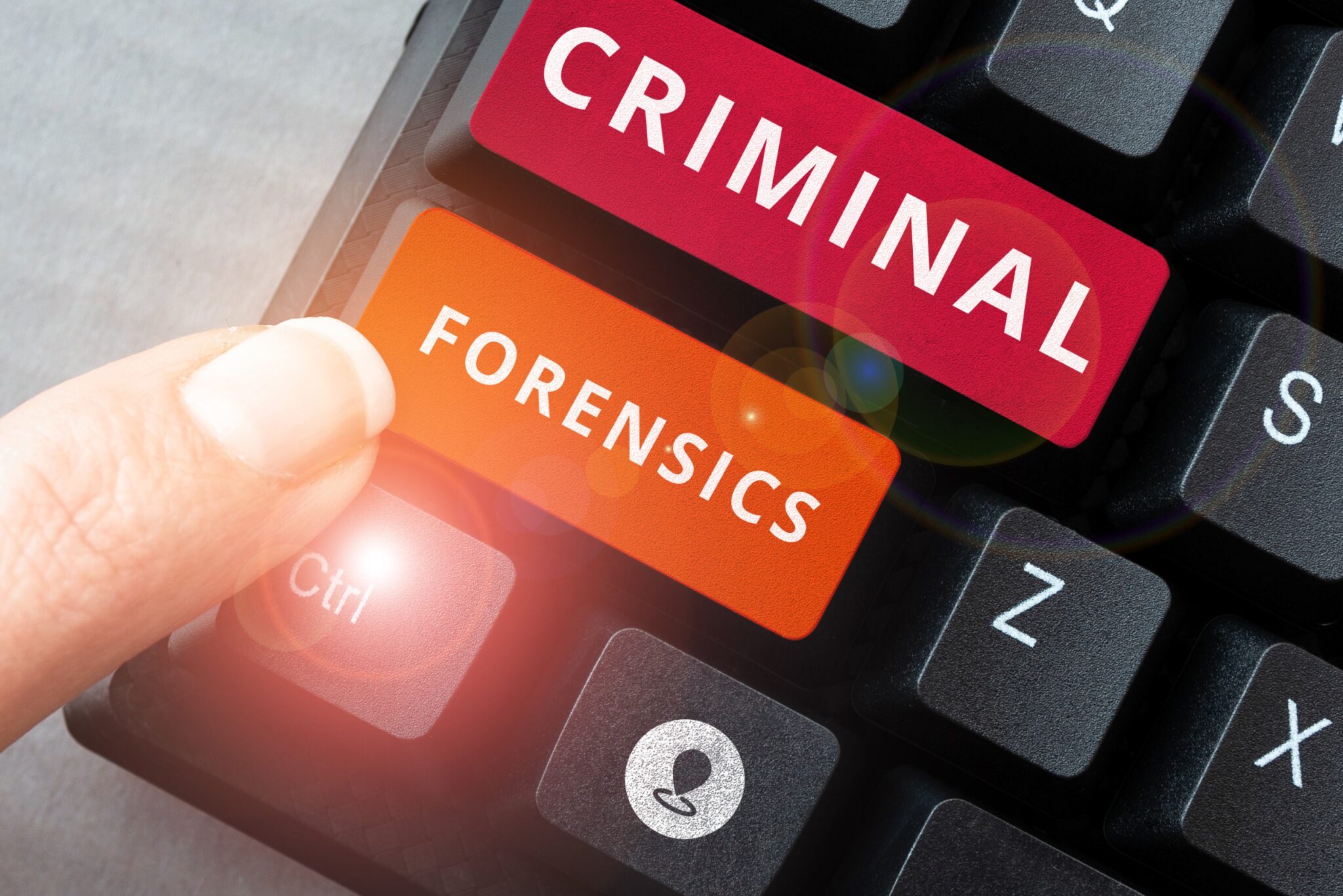Debunking IL False Murder Allegations with Forensic Evidence
In the realm of criminal defense, few accusations are as grave as a murder charge. The stakes are high, and the consequences severe. In recent years, however, advancements in forensic technology have emerged as powerful allies for those facing false murder allegations.
This blog will delve into the crucial role that forensic evidence plays in debunking false murder accusations, with a focus on real cases from the city of Chicago. We will explore the cutting-edge techniques and methodologies that have become instrumental in proving innocence and highlight the significance of partnering with an experienced criminal defense lawyer to build a formidable defense.
Advancements in Forensic Technology
Forensic science has witnessed remarkable advancements, transforming the landscape of criminal defense. DNA analysis, for instance, has become a cornerstone in exonerating individuals who were wrongly accused.
The ability to examine biological evidence with unprecedented precision has uncovered the truth in countless cases. In Chicago, as in many other jurisdictions, these advancements have played a pivotal role in unraveling false murder allegations.
Real Cases from Chicago
One noteworthy case that underscores the importance of forensic evidence in debunking false murder accusations is the exoneration of James Thompson. In 2018, Thompson found himself at the center of a murder investigation in Chicago.
The prosecution claimed to have a strong case against him, relying on witness testimonies and circumstantial evidence. However, Thompson’s defense team, led by a seasoned criminal defense lawyer, leveraged advanced forensic techniques to challenge the prosecution’s narrative.
DNA analysis of the crime scene revealed the presence of genetic material that did not match Thompson’s profile. This revelation became a turning point in the case, leading to the dismissal of charges against him. Thompson’s case serves as a testament to the power of forensic evidence in dismantling false murder accusations.
The Role of Forensic Pathology
Forensic pathology, another critical aspect of forensic science, has also played a pivotal role in debunking false murder allegations. Autopsies conducted by forensic pathologists can provide crucial insights into the cause and manner of death, helping establish the innocence of the accused.
In Chicago, cases where forensic pathology has been instrumental in disproving murder allegations highlight the importance of a comprehensive defense strategy.
In a recent case, Sarah Rodriguez was accused of murdering her husband. The prosecution presented a narrative of foul play based on the initial autopsy report. However, in collaboration with a skilled forensic pathologist, Rodriguez’s defense team challenged the findings.
A second autopsy revealed that the cause of death was, in fact, natural, dispelling the false murder allegations against Rodriguez.
Building a Strong Defense
The examples from Chicago underscore the significance of building a robust defense when facing false murder allegations. Partnering with an experienced criminal defense lawyer who understands the intricacies of forensic evidence can make all the difference. These legal professionals have the expertise to challenge the prosecution’s case, leveraging advancements in forensic technology to uncover the truth.
When accused of murder, time is of the essence. Prompt action, including securing crime scene evidence and enlisting forensic experts, can build a strong defense. A skilled criminal defense lawyer will conduct a thorough investigation, leaving no stone unturned to gather evidence supporting their client’s innocence.

Defense Against False Murder Allegation
In the face of false murder allegations, forensic evidence has emerged as a beacon of hope for the wrongly accused. Advancements in forensic technology, coupled with the expertise of forensic professionals and criminal defense lawyers, have debunked false narratives and secured justice for those caught in the crosshairs of the legal system.
As we continue to witness progress in forensic science, it is essential for individuals facing murder charges to understand the pivotal role that forensic evidence plays in their defense. By embracing these advancements and collaborating with seasoned legal professionals, the truth can prevail, and innocence can be proven beyond a shadow of a doubt.
About the Author:
Andrew M. Weisberg is a former felony prosecutor who now serves as a defense attorney in the greater Chicago area. He has extensive experience handling all types of criminal cases, from sex offenses and domestic violence to retail theft-related crimes, murder, and drug crimes. His work has been recognized by Avvo, Expertise, National Trial Lawyers, and others, and he has been featured on countless news outlets for his experience and knowledge in criminal law.







 Blog Home
Blog Home 










